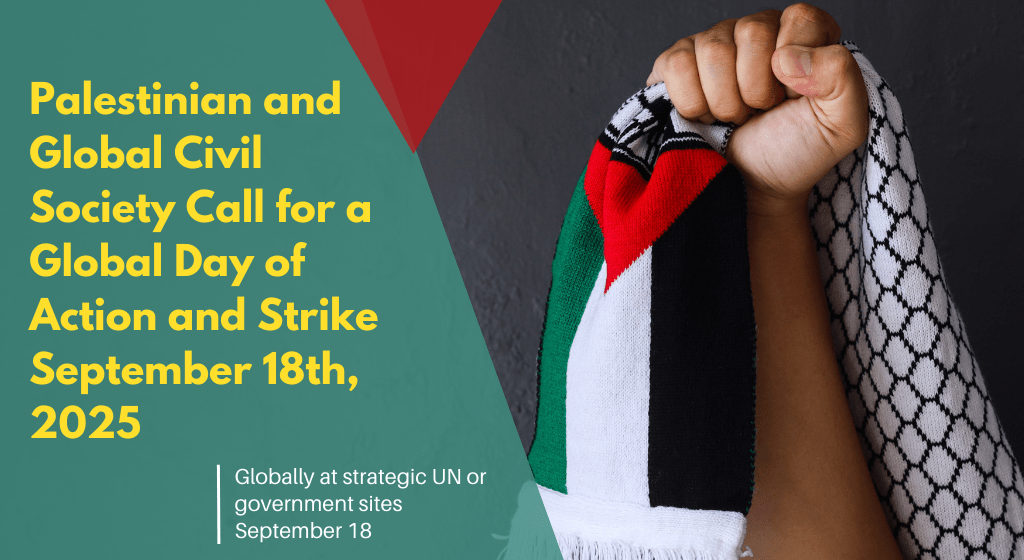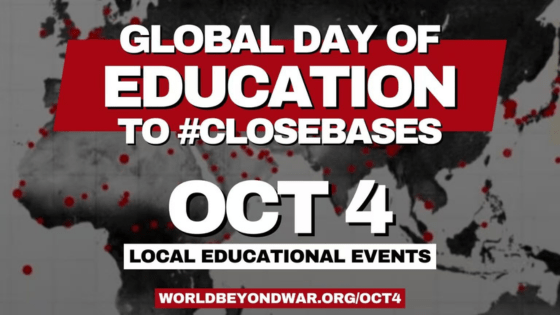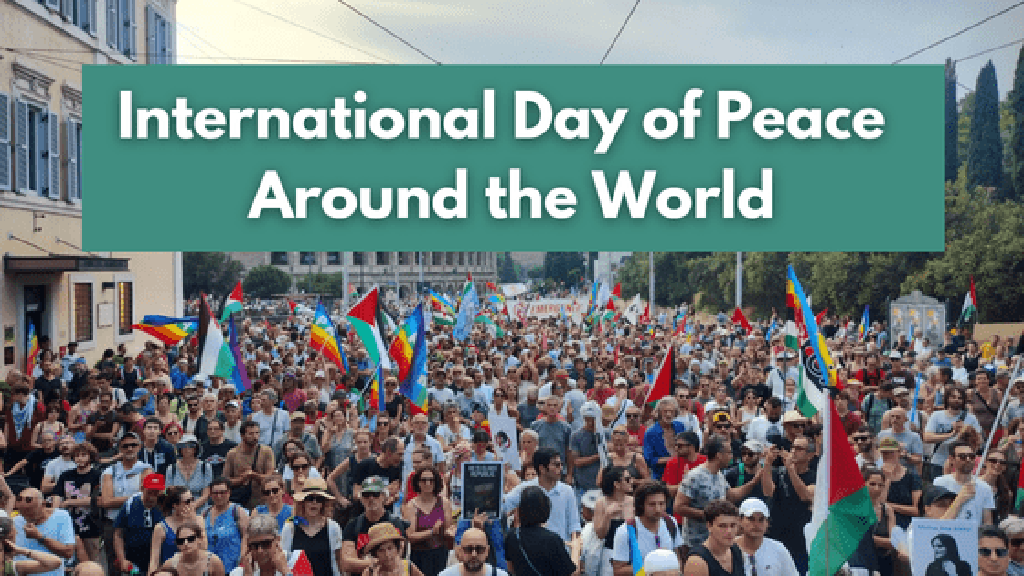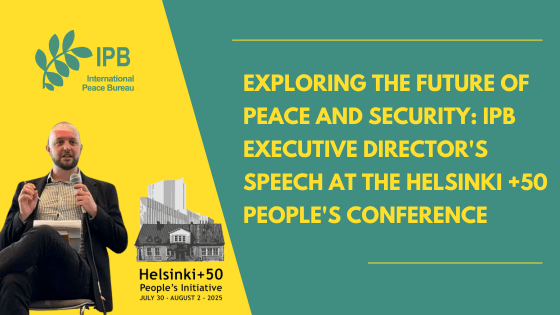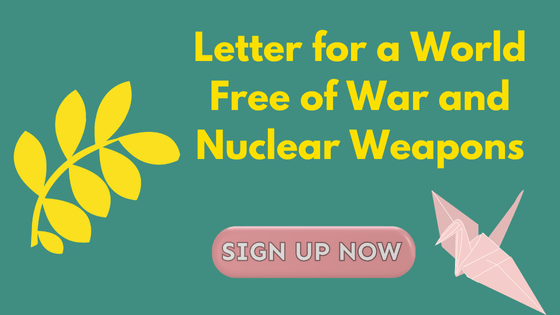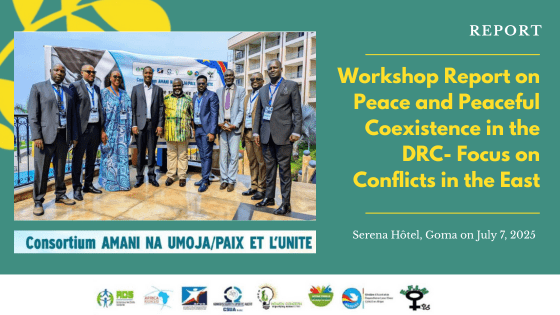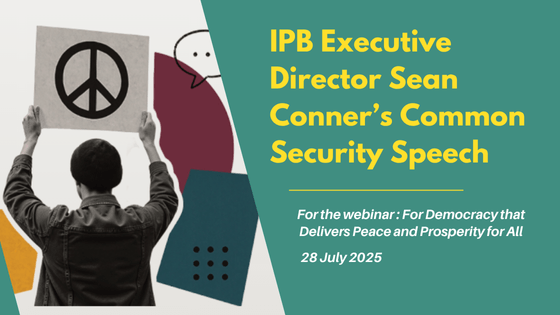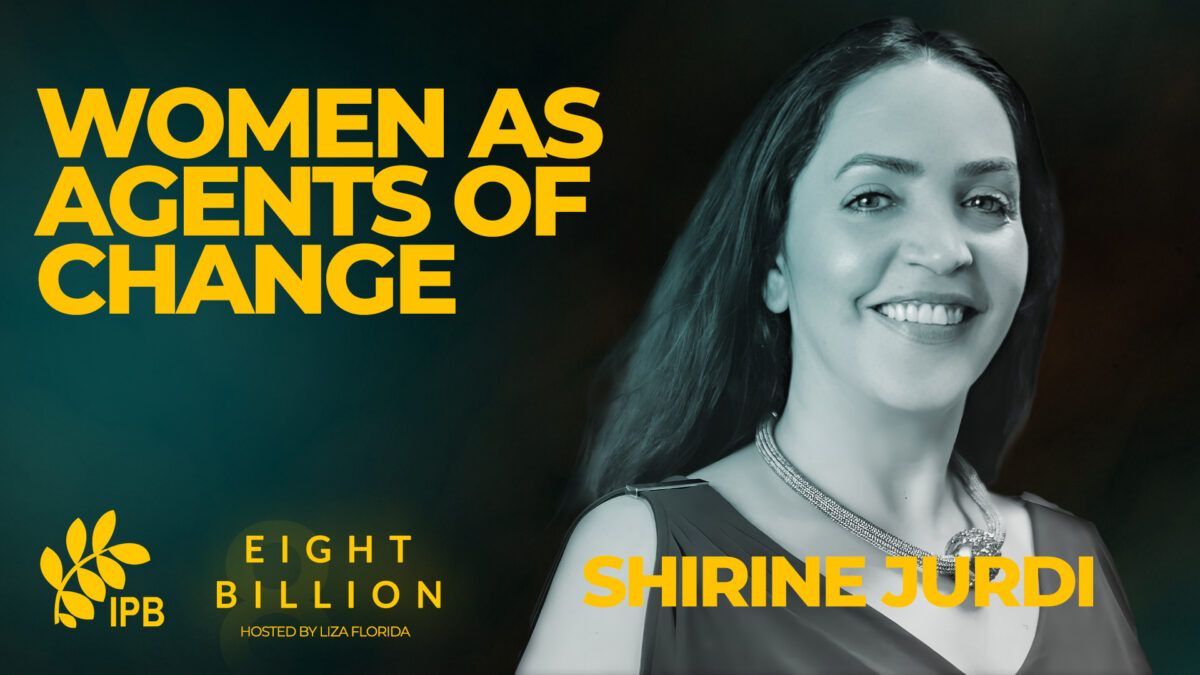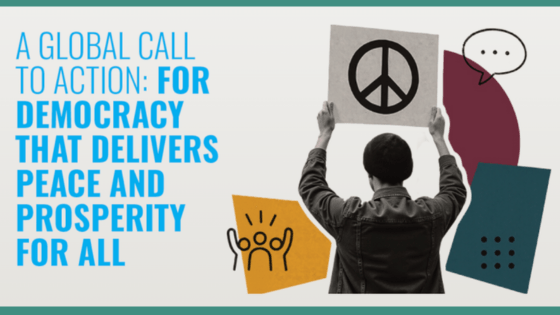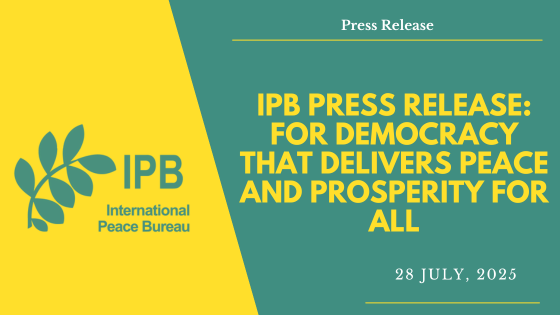On September 18, 2024, the United Nations General Assembly (UNGA) adopted Resolution A/ES-10/L.31, demanding Israel end its unlawful presence in the Occupied Palestinian Territory (OPT) within 12 months and to immediately comply with the provisional measures in the genocide case at the International Court of Justice (ICJ). Since then Israel has entrenched its occupation and escalated its genocidal attacks on Gaza causing the United Nations to declare famine in Gaza. The Palestinian NGO Network (PNGO) and Global Civil Society is calling for a Global Strike and Day of Action on September 18, 2025, to denounce Israel’s refusal to comply with this order, and to demand that UN member nations act immediately to end Israel’s genocide against the Palestinian people.
Continue reading “Palestinian and Global Civil Society Call for a Global Day of Action and Strike September 18th, 2025”2025 Activities
Global Day of Education to #CloseBases
World BEYOND War launched a campaign on the Global Day of Education to #CloseBases, inviting organizations and individuals worldwide to plan local educational events about military bases on October 4, 2025.
The thousands of military bases, both foreign and domestic, around the world are a critical piece of the war machine that must be dismantled. Closing bases is a necessary step to shift the global security paradigm towards a demilitarized approach that centers common security — no one is safe until all are safe.
Continue reading “Global Day of Education to #CloseBases”International Peace Day 2025
The International Day of Peace, observed every year on September 21, calls on us to strengthen the ideals of peace within and among nations and peoples. In a world marked by conflict, inequality, and discrimination, it is a reminder of our urgent responsibility to foster solidarity, advance disarmament, nurture empathy, and build sustainable peace for all.
On this day, let us remember: peace must always be created together and for everyone.
No post found
Exploring the Future of Peace and Security: IPB Executive Director’s Speech at the Helsinki +50 People’s Conference
The IPB Executive Director’s speech at the Helsinki +50 People’s Conference on 1 August 2025 — a conference exploring the future of peace and security in Europe and beyond, through both top-down and bottom-up approaches.
This month we mark fifty years since the Conference on Security and Cooperation in Europe. It could not come at a more vital moment, as the Russian invasion of Ukraine and genocide in Gaza – as well as the more general increase in conflicts and military tensions from Sudan and DRC to the South China/West Philippines Sea and the Korean peninsula – force us to question the role of Europe in peace, solidarity, and diplomacy in the continent and indeed internationally.
Continue reading “Exploring the Future of Peace and Security: IPB Executive Director’s Speech at the Helsinki +50 People’s Conference”Letter for a World Free of War and Nuclear Weapons
English and Spanish
On August 6 and 9, 2025, the individuals and organizations signing this letter will commemorate the 80th anniversary of the events in which the United States dropped two nuclear bombs on the Japanese populations of Hiroshima and Nagasaki, killing 150,000 people and leaving thousands more injured and suffering serious consequences. We honor and remember all those lives lost and injured by the nuclear bombs. For them, for us, we say No to the existence and use of nuclear weapons!
Continue reading “Letter for a World Free of War and Nuclear Weapons”Workshop Report on Peace and Peaceful Coexistence in the DRC- Focus on Conflicts in the East
This report provides an account of the work of the multi-stakeholder workshop organized by the Consortium Amani na Umoja (“Peace and Unity”), a platform bringing together seven civil society organizations working for peacebuilding, social cohesion, and sustainable development in the Democratic Republic of Congo: Action pour les Droits Solidaires (ADS), Africa Reconciled, Congo Security Update Alert (CSUA asbl), Women Concern (WOCO), Action pour le Dévéloppement de Jeunes au Congo (ADJC), Ministère d’Accord et de Rapprochement pour l’Essort Collectif en Afrique (MARECAR) et Encadrement des Femmes Indigènes et des Ménages vulnérables (EFIM).
This workshop was part of a collective dynamic aimed at analyzing conflict dynamics in the Eastern part of the country, identifying the underlying causes of tension, and proposing concrete actions to promote peace and harmonious coexistence between communities. The dialogue brought together community-led/national organizations (NGOs), international organizations (INGOs), some UN agencies, medias and public administration.
IPB Executive Director Sean Conner’s Common Security Speech
IPB Executive Director Sean Conner’s Common Security Speech in the International Trade Union’s July 28 webinar For Democracy that Delivers Peace and Prosperity for All.
The basic idea behind Common Security is that the security of one is inextricably linked to the security of all; that the security of a state, nation, or peoples cannot be achieved at the expense of the security of another; that security is not a zero-sum game.
Continue reading “IPB Executive Director Sean Conner’s Common Security Speech”Unyielding Grace: Shirine Jurdi and the Feminine Force for Justice
This episode brings you a powerful and unflinching conversation with Shirine Jurdi, a global advocate for women, peace, and security from Lebanon. Prepare to challenge your perspectives as Shirine dismantles the narratives often imposed on women in conflict zones, offering a raw and honest look at the realities of war, justice, and the fight for a life of dignity, not just survival.
Continue reading “Unyielding Grace: Shirine Jurdi and the Feminine Force for Justice”A GLOBAL CALL TO ACTION: FOR DEMOCRACY THAT DELIVERS PEACE AND PROSPERITY FOR ALL
FOR DEMOCRACY THAT DELIVERS PEACE AND PROSPERITY FOR ALL
As we approach the 80th anniversary of the atomic bombings of Hiroshima and Nagasaki, we, the undersigned organisations, call on governments and international institutions to reaffirm their commitment to a world free from nuclear weapons, honouring the demand of the Hibakusha and 2024 Nobel Peace laureate Nihon Hidankyo, and to prioritize sustainable development over militarism, people of collective power, accelerating military build-up and climate change, and diverting resources away from human development and peacebuilding.
As organisations from the peace, labour, economic justice, and climate movements, we share the belief that collective security can only be ensured through solidarity, by meeting the basic needs of all people.
Continue reading “A GLOBAL CALL TO ACTION: FOR DEMOCRACY THAT DELIVERS PEACE AND PROSPERITY FOR ALL”IPB Press Release: For Democracy that Delivers Peace and Prosperity for All
27 July 2025, Berlin, Germany
The International Peace Bureau (IPB), in cooperation with the International Trade Union Confederation (ITUC), Greenpeace, the International Campaign to Abolish Nuclear Weapons, Oxfam, and 350.org, has released a global call to action for nuclear and conventional disarmament, common security, and a prioritization of sustainable development over militarism.
Continue reading “IPB Press Release: For Democracy that Delivers Peace and Prosperity for All”
